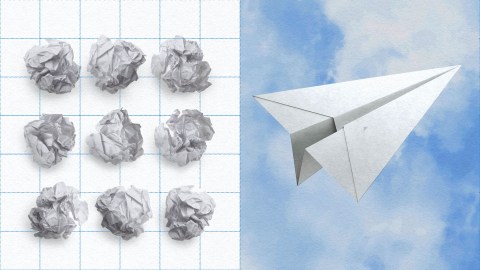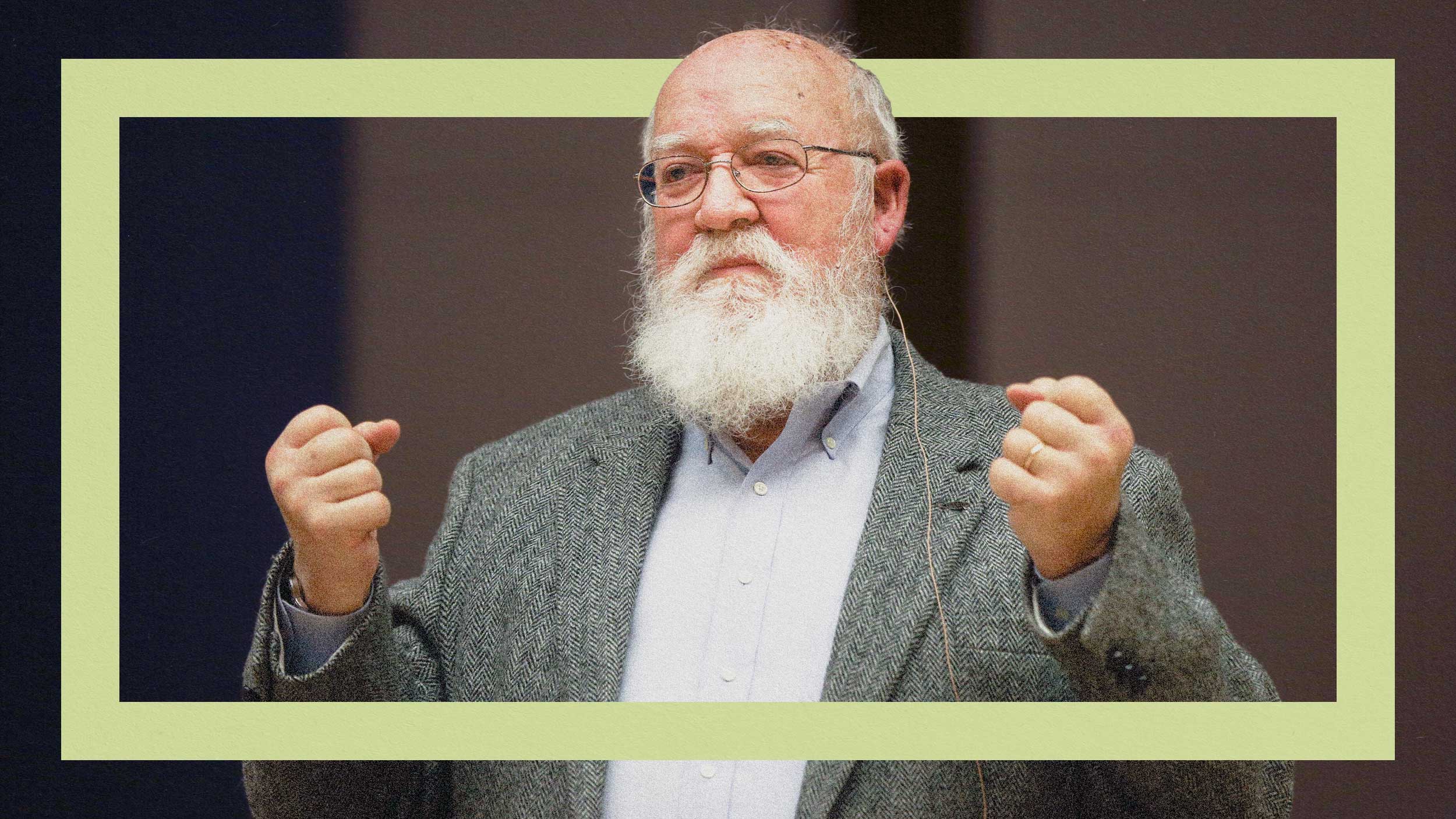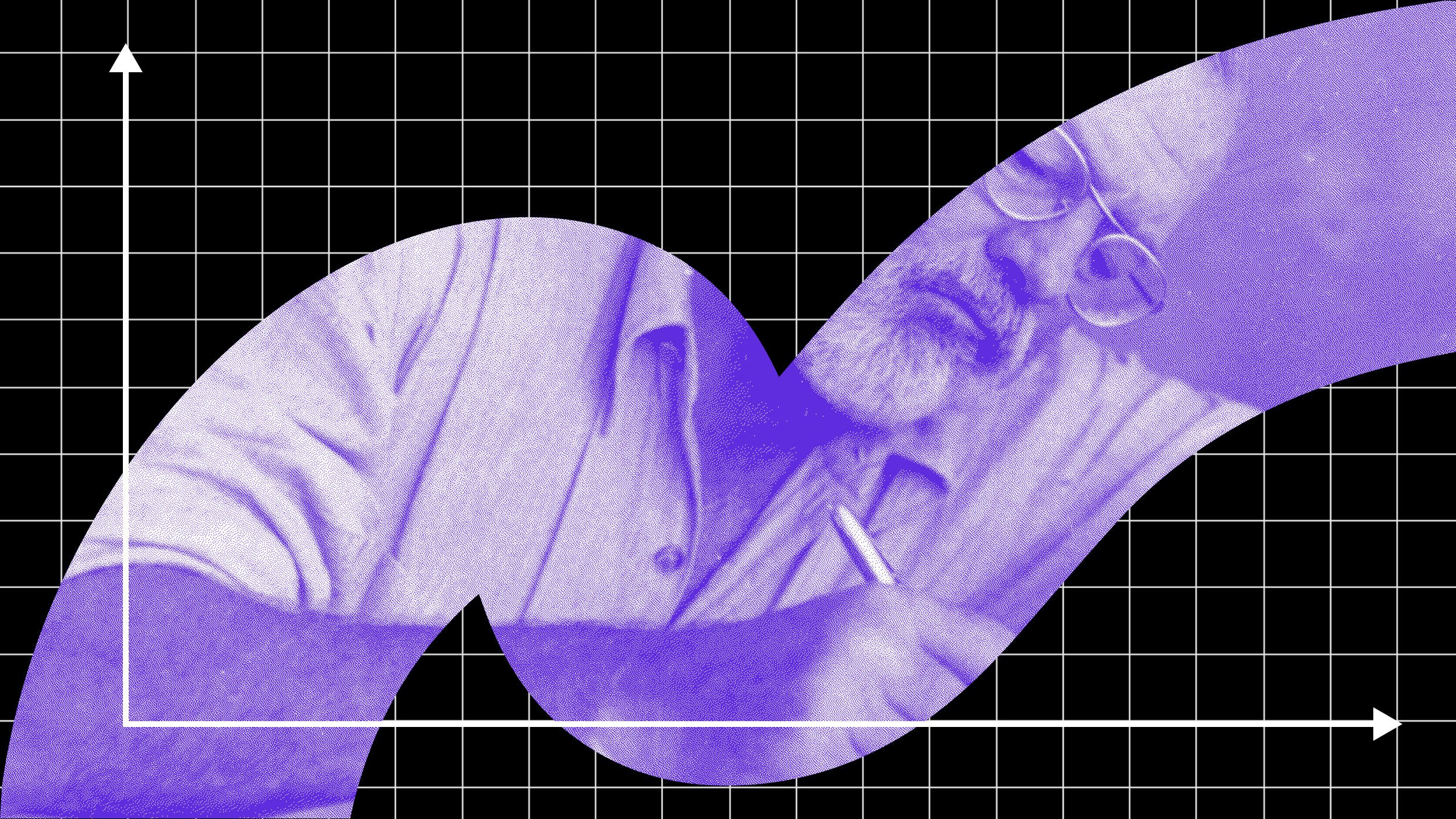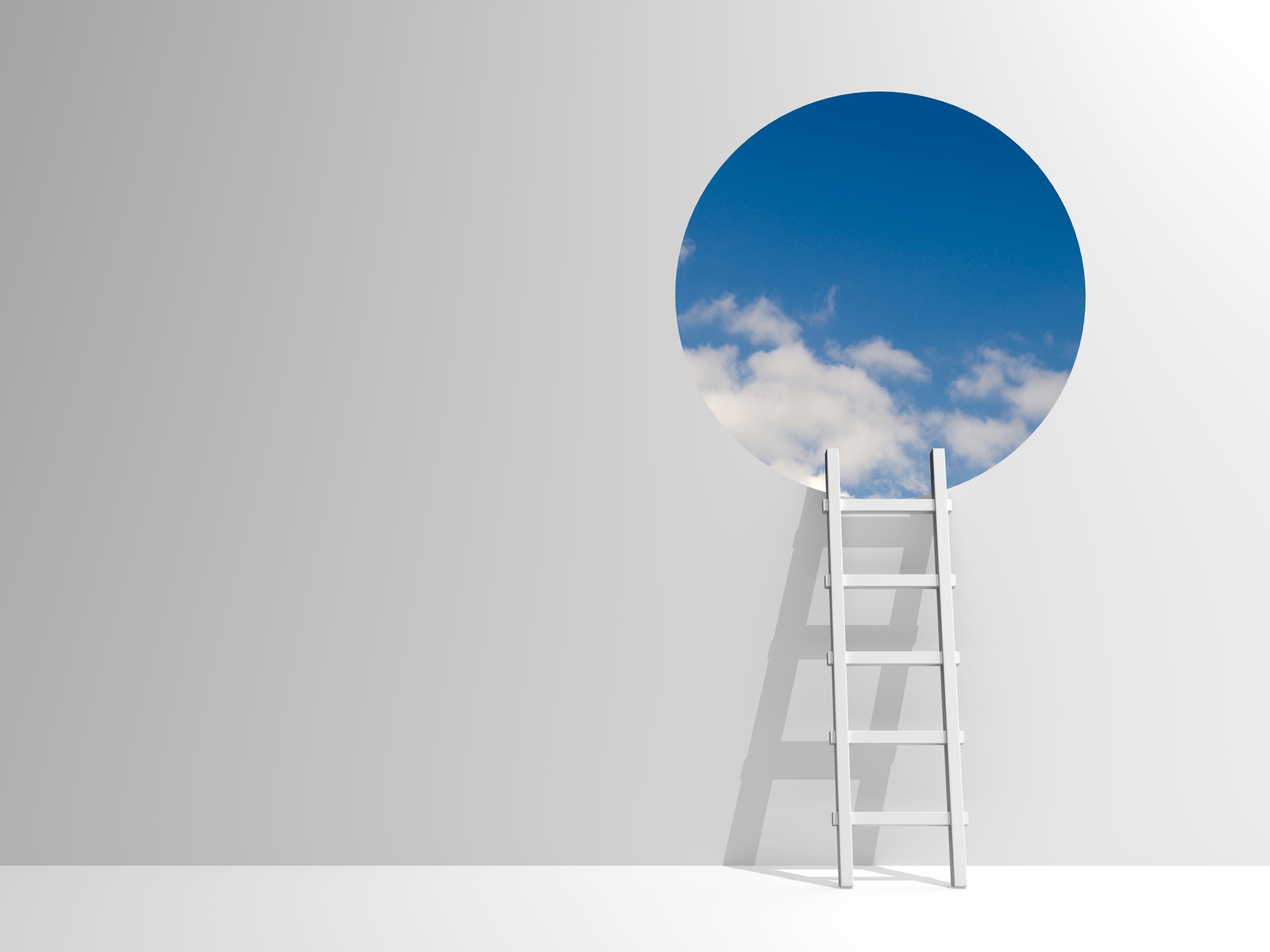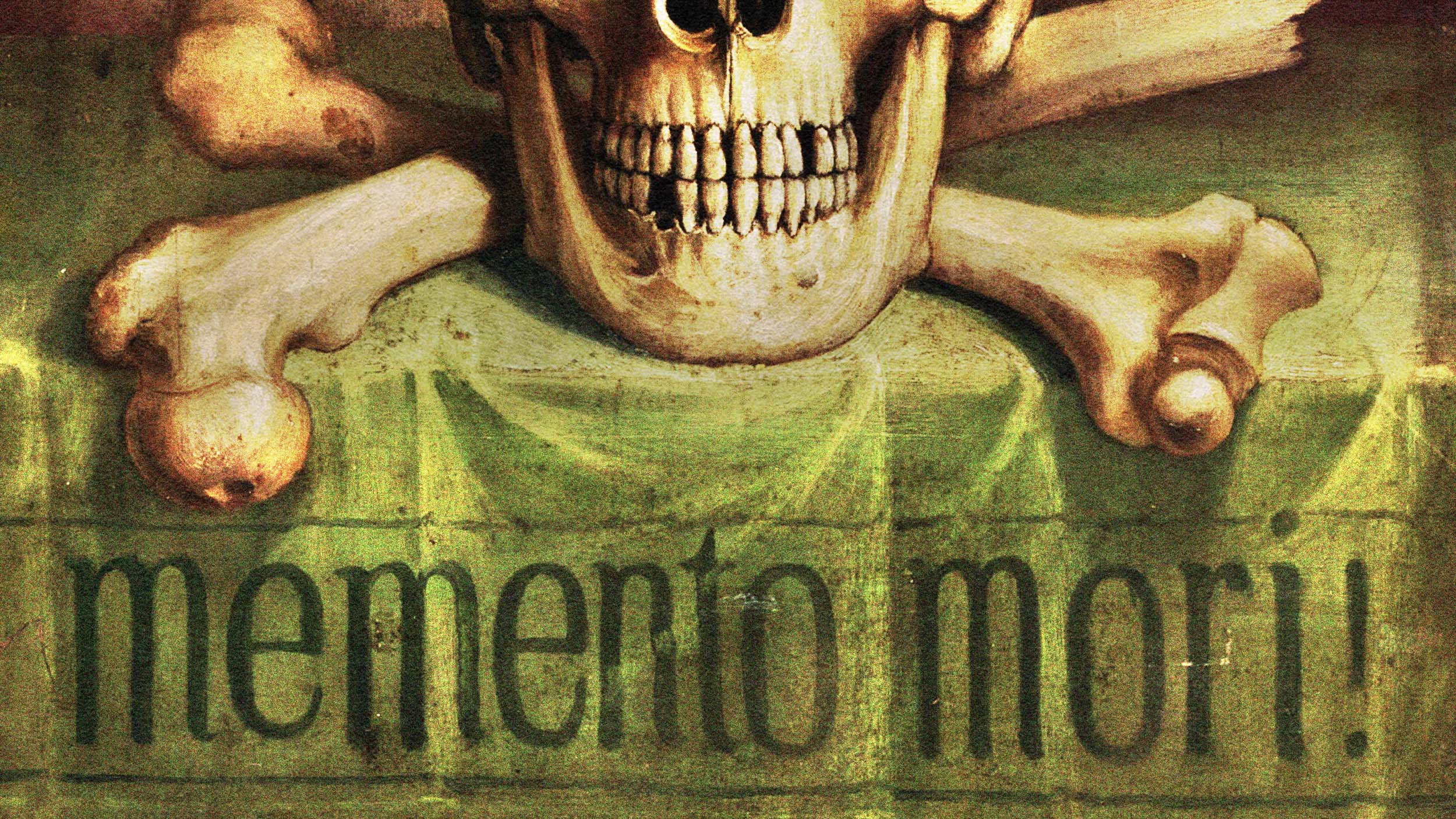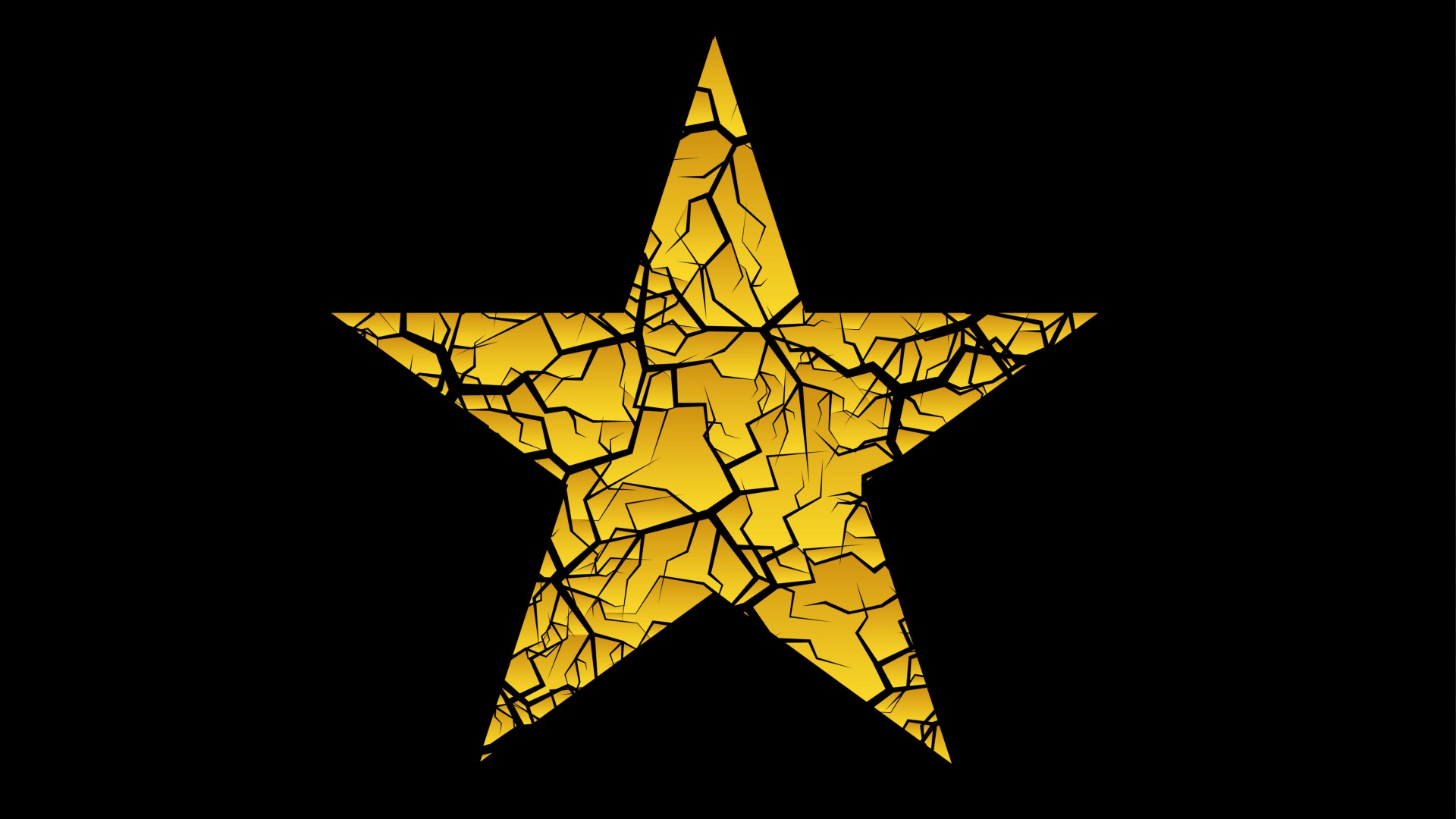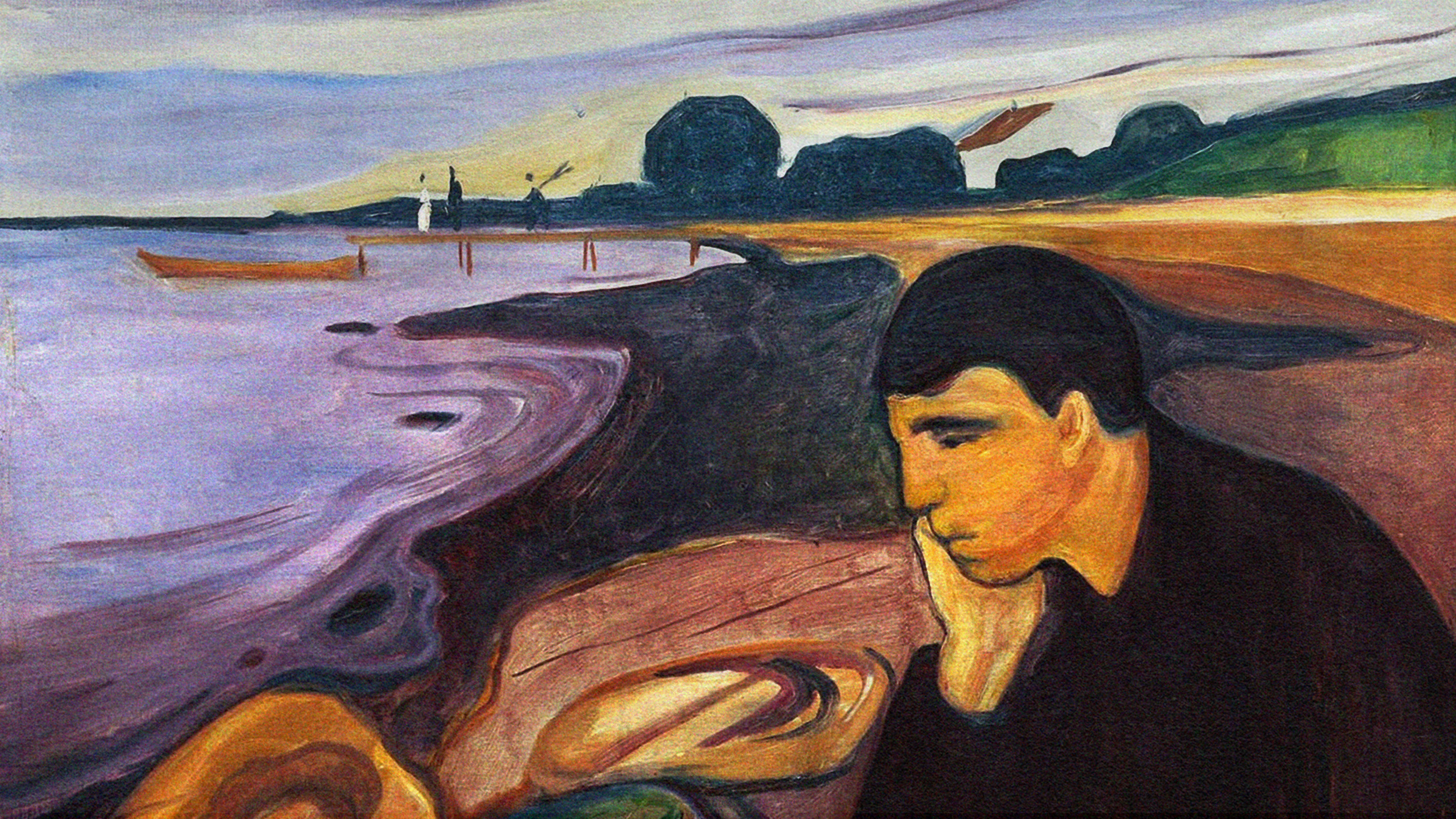“It is natural to want to avoid failure. But when we avoid failure, we also avoid discovery and accomplishment.”
Kevin Dickinson is a staff writer and columnist at Big Think. His writing focuses on the intersection between education, psychology, business, and science. He holds a master’s in English and[…]
Robert Waldinger, Zen priest and Harvard professor, explains why fulfillment isn’t about reaching an idealized state. It’s found in everyday acts of kindness and compassion.
Hanan Harb Sahourieh is a writer and learning & development strategist with more than 20 years of experience in writing, marketing, and workforce development. She is the author of Everybody,[…]
Sunita Sah hopes that by redefining defiance, we can build societies that allow people to live more authentic lives.
Kevin Dickinson is a staff writer and columnist at Big Think. His writing focuses on the intersection between education, psychology, business, and science. He holds a master’s in English and[…]
Can we learn to always look on the bright side of life?
Alex Edmans, professor of finance at the London Business School, warns us to be mindful of the incentives surrounding misinformation — including our desire to believe it.
Psychotherapist Israa Nasir explains how a “value-aligned life” can help us crush our goals — without being crushed by the need to accomplish more.
The late philosopher suggested adding a couple of “Occam’s heuristics” to your critical thinking toolbox.
To maintain momentum and flow, the great novelist Ernest Hemingway didn’t burn himself out — but learned when to put his work down.
Stanford psychologist Jamil Zaki discusses the dangers of cynicism and how skepticism can invigorate our relationships and communities.
A simple semantic device — invented by a forgotten senator — can help us break “the curse of knowledge.”
Executive coach Jodi Wellman explains how to “make it to the end with no regrets.”
Our desire for recognition at work can lead to perilous ends.
While weltschmerz — literally “world-pain” — may be unpleasant, it can also spur us to change things for the better.

